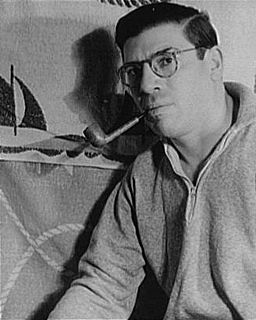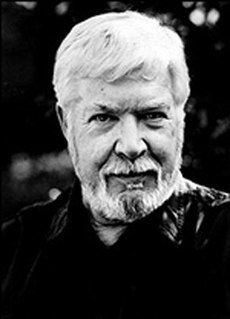A Quote by Paul Gallico
It is only when you open your veins and bleed onto the page a little that you establish contact with your reader. If you do not believe in the characters or the story you are doing at that moment with all your mind, strength, and will, if you don't feel joy and excitement while writing it, then you're wasting good white paper, even if it sells, because there are other ways in which a writer can bring in the rent money besides writing bad or phony stories.
Quote Topics
Related Quotes
Advice to a new writer: There are no rules in this profession. Do what is good for you. Read books and watch films that stimulate your writing. In your writing, go where the pain is; go where the pleasure is; go where the excitement is. Believe in your own original approach, voice, characters, story. Ignore critics. Have nerve. Be stubborn.
The truth about being a writer is you do not choose the stories you tell, but stories choose you. You do not choose, therefore, characters either. Novels are like dreams you dream with your eyes open; they are books which appear in your head with the same apparent immediateness as they appear in your dreams at night. A writer always writes their obsessions and the truth is that all throughout life we end up writing the same thing in different ways.
And what you do is you go into where your anger is, if you're writing anger, you go into where your hatred is, if you're writing hatred. Your joy is, if you're writing joy. You find the source of the energy that draws hatred, anger, joy, etc., etc., etc. That's what you have to find. That's what you do as an actor and that's what you do as a writer. And you bring people to the page.
How often I have tried to tell writing students that the first thing a writer must do is love the reader and wish the reader well. The writer must trust the reader to be at least as intelligent as he is. Only in such well wishing and trust, only when the writer feels he is writing a letter to a good friend, only then will the magic happen.
You can approach the act of writing with nervousness, excitement, hopefulness, or even despair - the sense that you can never completely put on the page what's in your mind and heart. You can come to the act with your fists clenched and your eyes narrowed, ready to kick ass and take down names. You can come to it because you want a girl to marry you or because you want to change the world. Come to it any way but lightly. Let me say it again: you must not come lightly to the blank page.
Do the stuff that only you can do. The urge, starting out, is to copy. And that's not a bad thing. Most of us only find our own voices after we've sounded like a lot of other people. But the one thing that you have that nobody else has is you. Your voice, your mind, your story, your vision. So write and draw and build and play and dance and live as only you can. The moment that you feel that, just possibly, you're walking down the street naked, exposing too much of your heart and your mind and what exists on the inside, showing too much of yourself. That's the moment you may be starting to get it right.
I cannot find any patience for those people who believe that you start writing when you sit down at your desk and pick up your pen and finish writing when you put down your pen again; a writer is always writing, seeing everything through a thin mist of words, fitting swift little descriptions to everything he sees, always noticing. Just as I believe that a painter cannot sit down to his morning coffee without noticing what color it is, so a writer cannot see an odd little gesture without putting a verbal description to it, and ought never to let a moment go by undescribed.





































